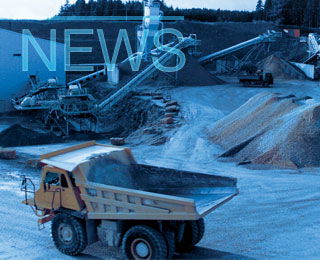A North Korean government report to parliament in Pyongyang indicates that the communist state is still suffering from acute power shortages as it claws its way back from economic ruin, analysts said. Premier Pak Pong-Ju said in his report to parliament on Thursday that industrial output rose 10 per cent last year from 2002. Power output was up 21 per cent, lead and zinc up 76 per cent, iron ore rose 46 per cent and cement production increased 27 per cent, he said. "Big efforts were directed to the field of power industry," Pak said of last year’s economic performance, adding the operating rate and efficiency of generating equipment at existing power stations and plants needs to be improved.
Hong Ik-Pyo of the state-funded Korea Institute for International Economic Policy said North Korea’s industrial growth appeared impressive at the headline level, but since output was so low in 2002, the comparison is largely meaningless. North Korea’s gross domestic product (GDP) is believed to have halved from 1990 to 1998. It recovered to the level of some 70 pct of that of 1990 by 2003, according to an estimate by the Bank of Korea, the South Korean central bank. With a population of 22 million, North Korea’s per-capita income was estimated at just US$762 in 2002. "The operating rate of production facilities which fell to as low as 30 per cent (of capacity) in 1998 is slowly recovering as more plants are put back into operation but this is not what we perceive as a recovery in normal countries," he said.
